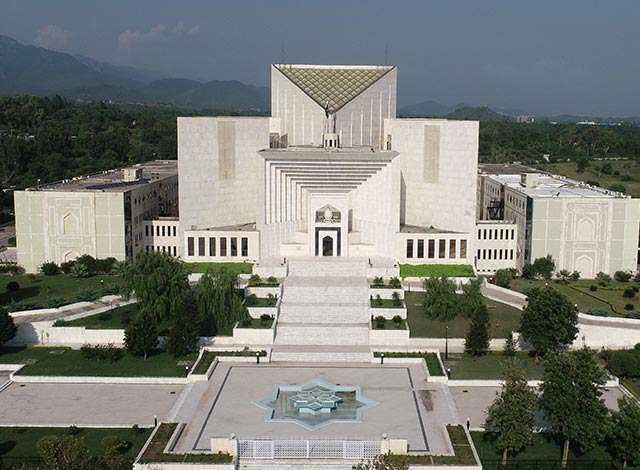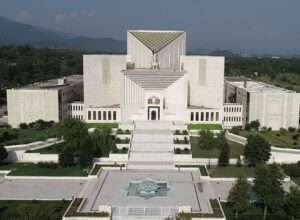What is Article 63A and Its Relevance in Pakistan?
Article 63A of the Constitution of Pakistan is the provision that discusses the role as well as consequences of the defection by the parliamentarians from their parent parties. According to it, this shall come into play only when there occurs voting in some specific situation of any one of the following cases related to parliamentarians:
- Election of the Prime Minister or Chief Minister
- Votes of Confidence or No-Confidence
- Money Bills or Constitutional Amendment Bills
Within this context, once the party leader is of the reasoned belief that a member has renounced his party membership, they can serve notice in a public declaration to the speaker of the assembly, who then forwards the declaration to CEC, who then has to investigate within 30 days from its receipt. At confirmation, the seat is vacated.
Why Matters Article 63A ?
This would help in keeping the political party cohesive and integrated. Penalties for such an act of defection would prevent switching of allegiance by members of parliament because of personal or political motives that could bring down the government.
Impact on Democracy: The article is crucial in protecting democratic processes. Often, frequent defections create distrust among the voters and distort the electoral mandate, causing instability.
Legal Precedent- The Supreme Court decision on Article 63A is the latest example to prove the importance of this Article. The Supreme Court’s interpretation of this article will go a long way in shaping future political moves and can decide the kind of politics the parties and the politicians will indulge in. The decision has already set the debate about the possibility of the practice of ‘horse trading’ under way where lawmakers may opt for cross over for a political gain, thus threatening democratic principles.

Recent Developments
In a recent landmark judgment, the Supreme Court quashed a previous interpretation of Article 63A, thus upholding the review petition filed by the Supreme Court Bar Association. Replenishing these discussions and debates with regard to party loyalty and governance in Pakistan is such an outcome from the court. The judgment focused on the need for equilibrium between party authority and individual rights of lawmakers; it exhibited how the article has played a prominent role in upscaling political life in Pakistan.
Article 63A, therefore, remains the most significant plank in the constitutional edifice of Pakistan. It pervasively impacts party dynamics, democratic integrity, and conduct of the representatives elected through the democratic process. The fact that the legal interpretations of this article remain in ferment underlines how much this issue is relentlessly sticking to the country’s discourse.
FOR MORE BLOGS VISIT OUR BLOG PAGE OF KHULKBOL







